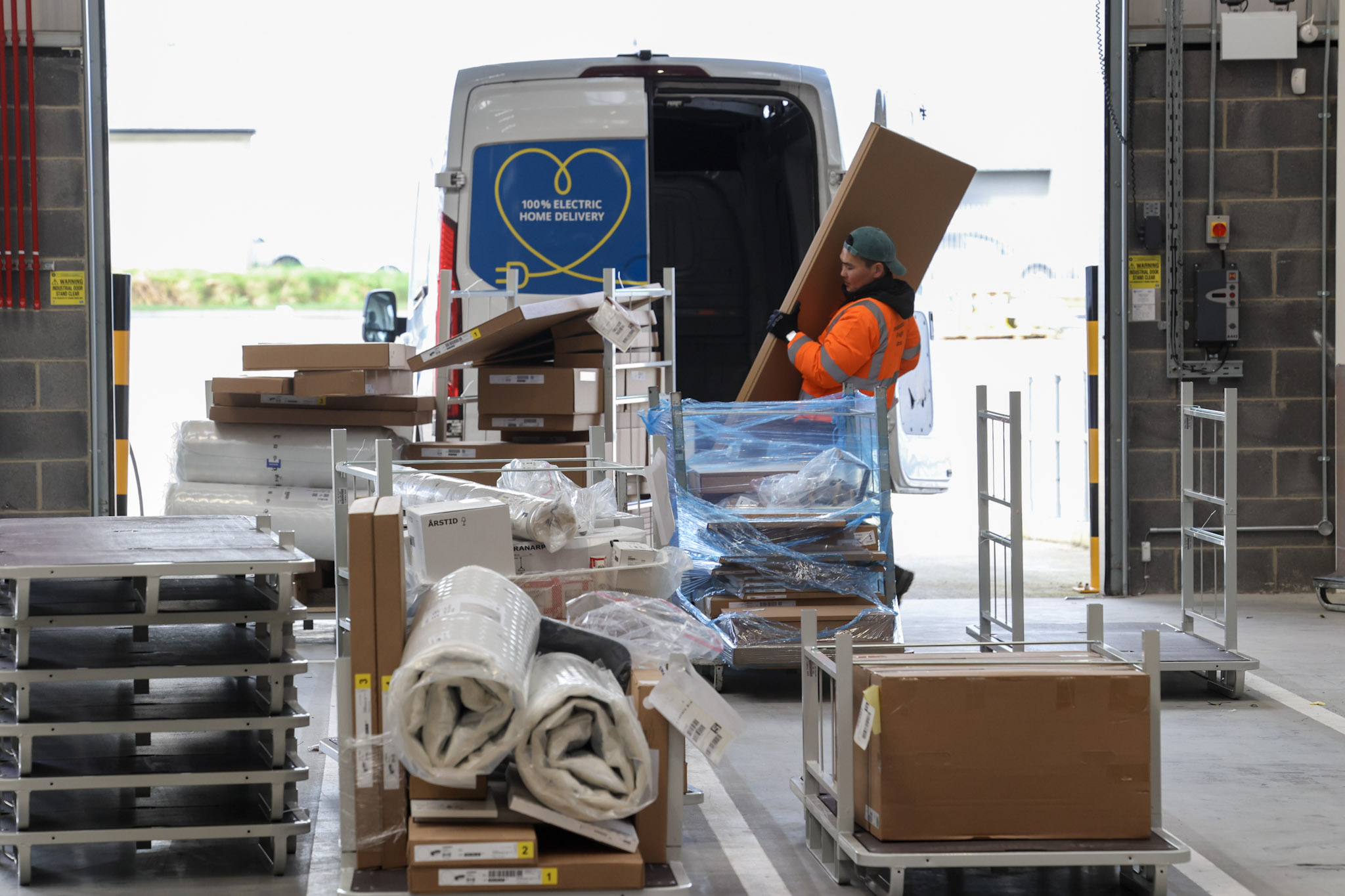Online sales are set to top £1.5bn this Black Friday, new analysis suggests.
IMRG analysis predicts online spend will reach £8.1bn during the eight-day peak period (19-26 November) of Black Friday. That’s up by 12.1% from the same time last year. Retailers are expected to collect £1.54bn from Black Friday – up by 13.2% YOY.
Retailers offer discounts in October to balance online and high street sales
The IMRG research says that Black Friday is possibly becoming the most ’online’ retail event – and that might affect footfall rates over the peak. Over the last five years, it says, the Black Friday has been getting longer, with discounting starting as early as late October, and Black Friday-specific events now typically lasting for a week or more – with Black Friday-type attributes being referenced on websites throughout the month. IMRG attributes early promotions to retailers attempting to restore the balance between online and physical stores and differentiating themselves with sale events. It also suggests that early discounts have the opposite effect on sales growth when it says that sales fell by 10.1% in September and October, in contrast to the growth of 15.3% and 17.1% seen in the first and second quarters of the year, respectively.
“The decline in footfall on high streets has been one of the main talking points in retail throughout 2018 generally; moving toward Black Friday in 2018, there seems little evidence to suggest that the online/high street balance will be reversed, with people heading back into stores again in large numbers,” says Andy Mulcahy, strategy and insight director at IMRG.
B&Q abandons Black Friday
B&Q has said that it will no longer take part in Black Friday after research suggested almost half of the shoppers will ignore the peak period, according to The Mirror.
B&Q says that it will ditch “here today, gone tomorrow” deals to focus on promoting “year-round low prices.”
Almost half (46%) of shoppers polled by OnePoll are planning not to shop this peak, with 43% saying that they often return that they bought during a flash sale.
“Shoppers have told us they trust stable low prices far more than ’here today, gone tomorrow’ deals, which is why we have invested £100 million in our year-round low prices across the store,” Paul White, commercial director of B&Q, told The Mirror.
In doing so, B&Q joins retailers from Asda to Marks & Spencer, Homebase and Primark that have also chosen not to take part in Black Friday in the past.
Key strategies for Black Friday success
While some retailers will not be participating in the peak trading period, others will be tempting customers with discounted deals to compete for their wallets. Here are two strategies from Sitecore, that the experience management platform provider says will help retailers to stay on top of customers’ expectations and respond to competition.
Personalised Black Friday engagement
“With UK Black Friday sales rising by almost 12% last year, competition among retailers is fierce as they look to capitalise on the event’s popularity. But rather than targeting customers with simple price reductions, brands must offer personalised content and deals to cut through the noise and meet the needs and desires of each individual. As Black Friday is often a loss-leader for brands, this individualisation will need to draw in customers, build loyalty and encourage repeat engagement. The key will be using omnichannel data to gather customer insight and tailor offers and ongoing engagement accordingly,” says Paul Fennemore, C-suite level digital transformation and customer experience consultant at Sitecore.
From product to purpose
“Secondly, brands will need to shift their focus away from discounting big-ticket items if they want to target younger demographics, as they increasingly shun blatant materialism in favour of spending on experiences that make them feel good. Known as the ‘rental generation’, these audiences are now less motivated by traditional materialism, and brands must adapt their marketing accordingly. One way to do so will be with brands speaking to their target audiences broader hopes, dreams and aspirations. Some brands are already embracing this model, with Bombas and TOMS offering customers the opportunity to give a product to someone in need when they purchase one themselves,” says Fennemore.
Image credit: Fotolia









